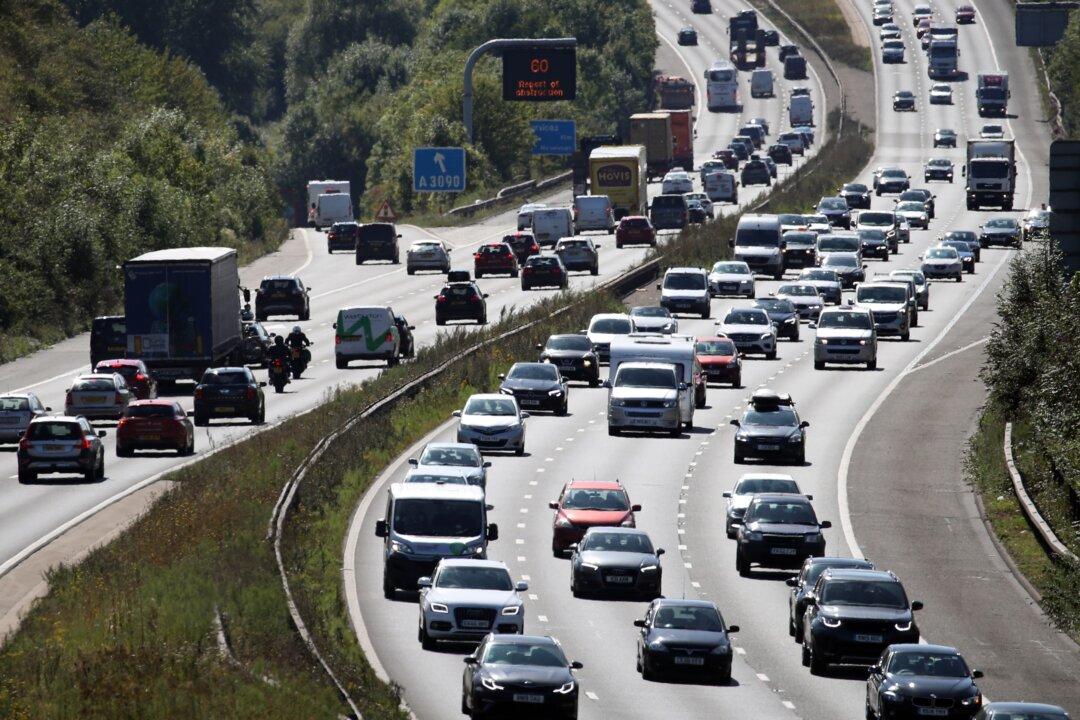Drivers should have direct charges on-road to overhaul the UK’s motoring taxation system, according to a report.
The centre-right think tank the Centre for Policy Studies (CPS) is urging a pay-as-you-drive scheme in the UK, which should initially apply to zero-emission vehicles (ZEVs) before being expanded to cover all vehicles.





